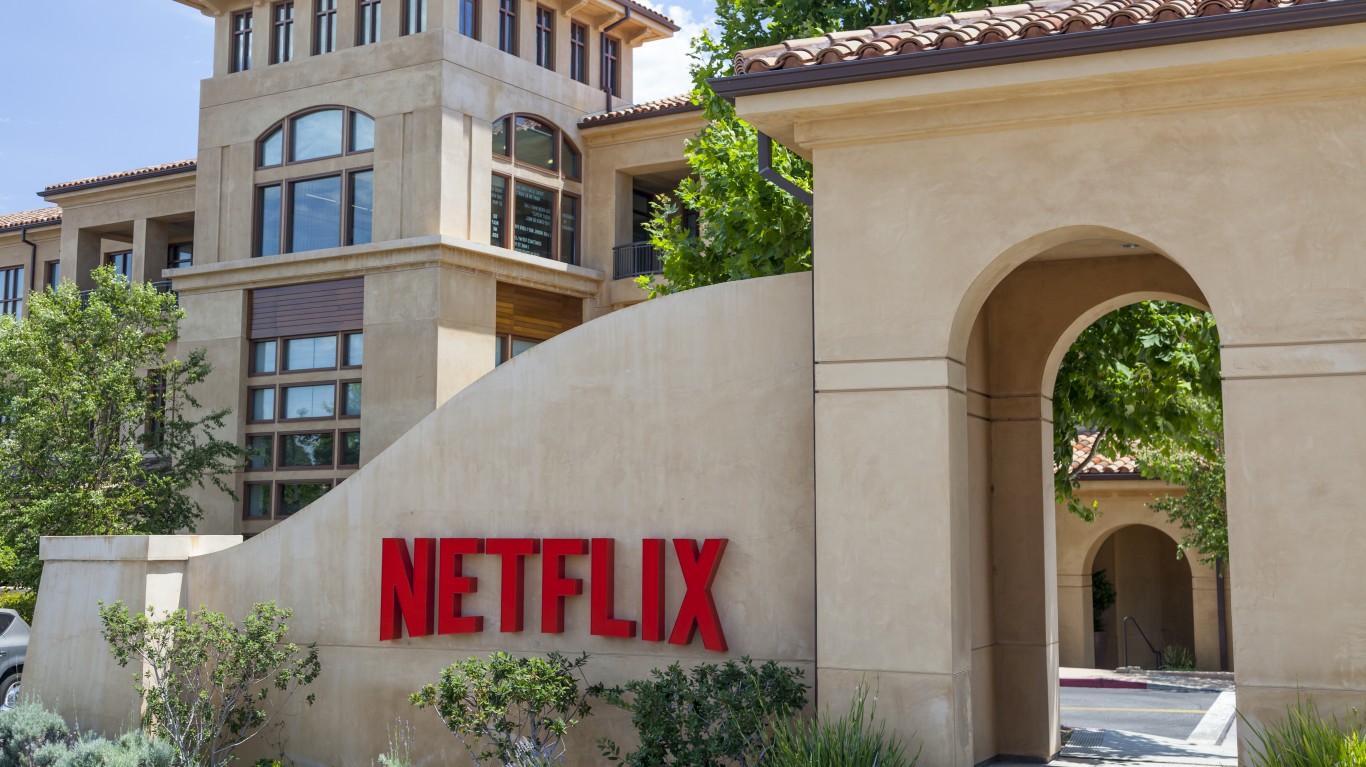 The news media has given a great deal of coverage to the austerity programs Greece has accepted in order to get it another 130 billion in aid, the riots in the streets of Athens that are part of protests against these measures, and the high unemployment in the southern European nation. The effect of these events, and others that include a five-year recession, is that Greece is on the brink of moving from a developed nation to the equivalent of a third-world one.
The news media has given a great deal of coverage to the austerity programs Greece has accepted in order to get it another 130 billion in aid, the riots in the streets of Athens that are part of protests against these measures, and the high unemployment in the southern European nation. The effect of these events, and others that include a five-year recession, is that Greece is on the brink of moving from a developed nation to the equivalent of a third-world one.
The usual trend for national economies, if they are advancing economically, is that they make the transition from the third world to the level of “developing nations.” China and India are usually considered to be at this level. The next and last level of advancement is to the status of “developed nation.” The U.S., Japan and much of Europe are among those countries. Their gross domestic products rarely grow as fast as those of developing nations, but developed nations have high GDP per capita, high levels of education among their citizens, and strong consumer middle classes. Economists argue that those middle classes have lost ground over the past several years because of the bite of the recession, but they are still present and drive a great deal of economic growth.
Greece’s GDP is among the smallest in Europe — $305 billion last year. But, at the rate that its economy is shrinking, that number will be closer to the GDP of Egypt in the next two years. Another slip at the 6% contraction rate — about what it is now — could press Greece’s GDP to the size of Nigeria’s in 2016 or 2017. Greece does not have the industrial capacity or the pools of intellectual property that many developed nations do. That will make it harder for its economy to recover, even as austerity programs, drops in wages and unemployment pull it down.
Greece’s future economic problems could be made even worse if it drops out, or is forced out, of the eurozone. Economist Hans-Werner Sinn, the president of the Institute for Economic Research, recently told German news magazine Spiegel that:
What politicians refer to as a “rescue” will not actually save Greece. The Greeks won’t ever return to health under the euro. The country just isn’t competitive. Wages and prices are far too high, and the bailout plan will only freeze this situation in place. So it’s in Greece’s interest to leave the euro and reintroduce the drachma.
One of the most significant problems with his plan of action is that Greek wages would drop more, while the cost of goods and services it imports remain comparatively high.
Greece is on its way to becoming a third-world country, and there is no way of stopping that.
Douglas A. McIntyre
Want to Retire Early? Start Here (Sponsor)
Want retirement to come a few years earlier than you’d planned? Or are you ready to retire now, but want an extra set of eyes on your finances?
Now you can speak with up to 3 financial experts in your area for FREE. By simply clicking here you can begin to match with financial professionals who can help you build your plan to retire early. And the best part? The first conversation with them is free.
Click here to match with up to 3 financial pros who would be excited to help you make financial decisions.
Thank you for reading! Have some feedback for us?
Contact the 24/7 Wall St. editorial team.



